Why Do We Celebrate Diwali? [History and Importance]

Diwali 2025 will be celebrated with the same joy, devotion, and togetherness that have marked this festival for centuries. Known as the festival of lights, Diwali is one of the most celebrated Hindu festivals across India and in many parts of the world. Families decorate their homes with Diwali lights, exchange sweets, burst Diwali crackers, and pray to Goddess Lakshmi for prosperity and happiness. But have you ever paused to ask: why do we celebrate Diwali? To answer that, we need to look closely at Diwali's history, traditions, and its deep cultural importance.
The Diwali festival is not just about rituals or decorations. It carries centuries of stories, values, and lessons that continue to be relevant today. From honoring Lord Rama’s return to Ayodhya to celebrating Goddess Lakshmi’s blessings of wealth, every region of India has a story tied to this day. Let’s walk through its history, significance, and the reasons Diwali remains such a powerful symbol of light overcoming darkness.
The Historical Roots of Diwali
1. The Return of Lord Rama
One of the most well-known explanations in Diwali history comes from the Ramayana. According to the epic, Lord Rama, his wife Sita, and brother Lakshman returned to Ayodhya after a 14-year exile. During this time, Rama defeated the demon king Ravana, symbolizing the triumph of good over evil. The people of Ayodhya welcomed their beloved king by lighting rows of diyas (lamps). This tradition of Diwali lights is still practiced today, reminding us of that historic night.
2. The Birth of Goddess Lakshmi
Another story connects Diwali to the Samudra Manthan (churning of the ocean). It is believed that on this day, Goddess Lakshmi, the goddess of wealth and prosperity, emerged from the ocean. Since then, people worship her on Diwali, hoping for good fortune and success in the coming year. This also explains why Lakshmi Puja is one of the most important rituals of the festival.
3. Lord Krishna and Narakasura
In many parts of India, especially in the south, Diwali is also linked to Lord Krishna’s victory over the demon Narakasura. The demon had troubled both gods and humans until Krishna defeated him, again symbolizing the end of evil and the rise of righteousness.
4. The Sikh and Jain Connection
Diwali is not only a Hindu festival. For Sikhs, it marks the release of Guru Hargobind Ji from prison, and for Jains, it commemorates Lord Mahavira attaining nirvana. These stories show how Diwali goes beyond religion, symbolizing liberation, peace, and spiritual awakening.
Why We Celebrate Diwali: The Core Meaning
When you look at why we celebrate Diwali, the answer is always rooted in the idea of light winning over darkness. The festival is a reminder that even in difficult times, truth and goodness ultimately prevail.
-
Spiritual Meaning: It’s about inner light, clearing negativity, and embracing kindness.
-
Social Meaning: It strengthens family ties, friendships, and community bonds.
-
Economic Meaning: Diwali is also linked to new beginnings in business. Many traders start their financial year on Diwali, seeking Goddess Lakshmi’s blessings.
In simple words, Diwali is more than a holiday—it’s a promise of hope, unity, and progress.
How Diwali is Celebrated
1. Cleaning and Decorating Homes
Weeks before Diwali, families clean and renovate their homes. The idea is that Goddess Lakshmi enters only clean, positive spaces. Homes are decorated with rangolis, flowers, and colorful Diwali lights.
2. Shopping and New Clothes
Diwali is also a festival of shopping. People buy gold, utensils, or clothes as a sign of prosperity. The markets glow with energy during this season.
3. Lakshmi Puja
The evening of Diwali is marked by worship of Goddess Lakshmi and Lord Ganesha. Families light diyas, chant prayers, and place sweets and fruits as offerings.
4. Crackers and Fireworks
For many, bursting Diwali crackers is an exciting tradition. While today there is growing awareness of environmental concerns, the joy of fireworks remains an important part of childhood memories.
5. Exchanging Gifts and Sweets
Diwali is incomplete without sweets. Families prepare laddoos, barfis, and other delicacies. Neighbors and friends exchange gifts, spreading happiness and goodwill.
Regional Variations of Diwali
The Diwali festival is celebrated differently across India, reflecting the country’s diversity.
- North India: Associated with Rama’s return and grand celebrations with fireworks.
- South India: Linked to Krishna’s victory over Narakasura, often celebrated as Naraka Chaturdashi.
- West India (Gujarat, Maharashtra): Focuses heavily on Lakshmi Puja and new business accounts.
- East India (Bengal, Assam, Odisha): People worship Goddess Kali during Diwali night.
These variations show that while the stories may differ, the spirit of Diwali, the victory of light over darkness, remains the same.
The Importance of Diwali in Today’s World
While Diwali's history goes back thousands of years, the importance of Diwali in today’s modern world is even stronger.
- Cultural Identity: For Indians across the world, celebrating Diwali keeps them connected to their roots.
- Family Bonding: In a fast-paced world, Diwali brings families together, reminding everyone of the value of relationships.
- Economic Boost: From small businesses to big brands, Diwali is a time of high sales and opportunities.
- Spiritual Reset: Diwali allows people to pause, reflect, and start afresh with positivity.
Diwali and the Environment
A modern challenge in celebrating Diwali is balancing traditions with environmental care. The widespread use of Diwali crackers has raised concerns about pollution. Many families now prefer eco-friendly crackers, clay diyas instead of plastic lights, and plant-based decorations. This shift shows how the festival continues to evolve with time while staying true to its essence.
Global Celebration of Diwali
Diwali is no longer limited to India. From the United States to Singapore, the UK to Australia, communities light up the festival with grandeur. In fact, countries like Fiji, Mauritius, and Nepal even declare it a public holiday. This global recognition proves how Diwali has become a festival of humanity, not just religion.
Diwali 2025: What to Expect
With each passing year, Diwali celebrations grow bigger, and Diwali 2025 is expected to be no different. Cities will be filled with glowing diyas and lanterns. Families will reconnect after busy schedules. Social media will be flooded with pictures of rangolis, outfits, and celebrations. The essence, however, will remain the same: spreading joy, positivity, and togetherness.
Life Lessons from Diwali
Diwali isn’t just about rituals; it teaches us important life lessons:
- Good always wins over evil.
- Hope is stronger than fear.
- Prosperity comes from hard work and blessings.
- Sharing happiness makes life meaningful.
These lessons explain why we celebrate Diwali even in today’s fast-changing world.
The Diwali festival is more than just a holiday filled with sweets, shopping, and Diwali lights. Its roots in Diwali history remind us of the timeless values of courage, truth, and unity. Whether it is Lord Rama’s homecoming, Goddess Lakshmi’s blessings, or the triumphs of Krishna and Mahavira, every story carries the same message: darkness cannot survive when light shines.
As Diwali 2025 approaches, let’s celebrate with joy but also with mindfulness, balancing traditions with responsibility. After all, Diwali is not just about one night of Diwali crackers and diyas, but about carrying that inner light throughout the year.
So this year, when you light that first diya, remember: you are not just celebrating a festival; you are celebrating hope, goodness, and the promise of a brighter tomorrow.


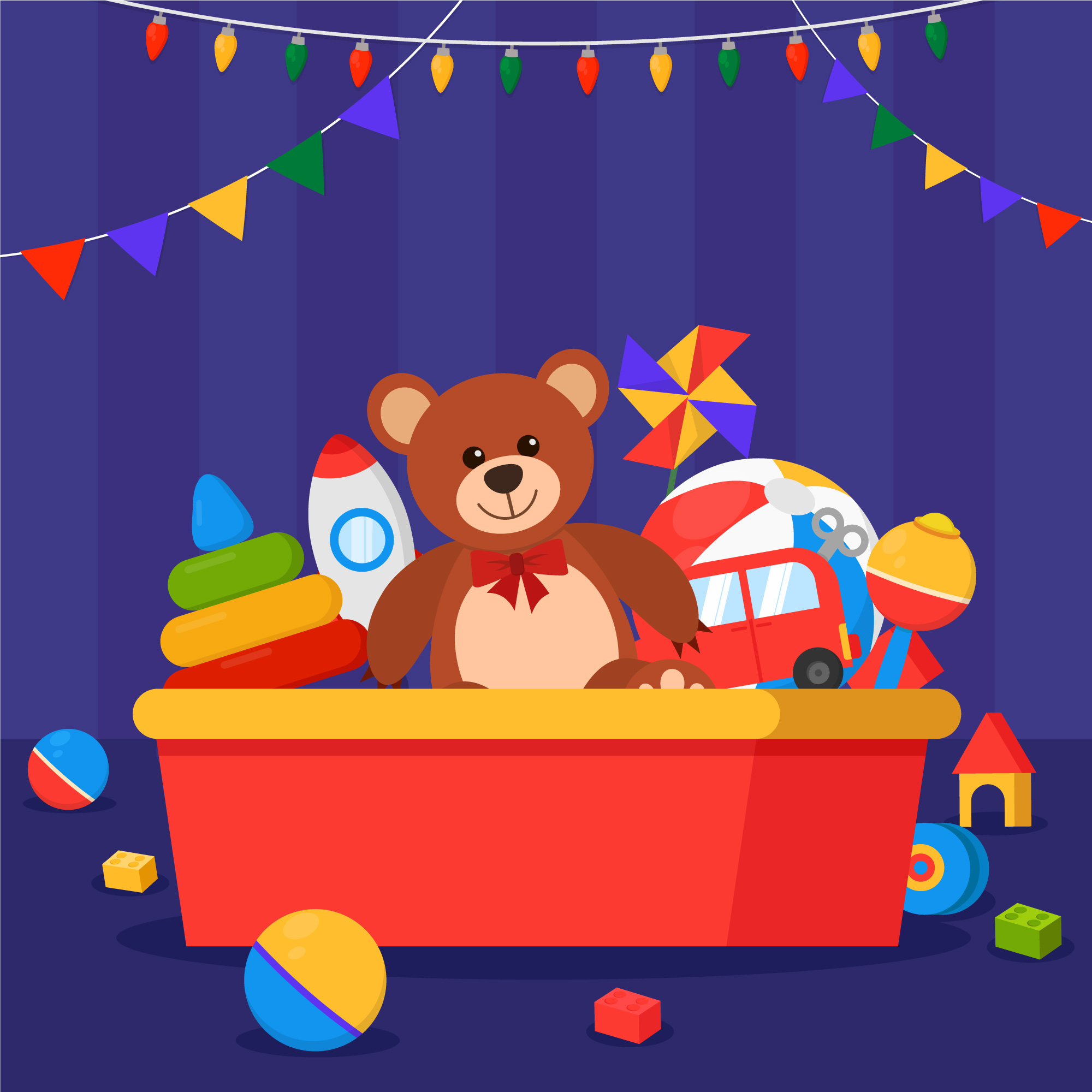














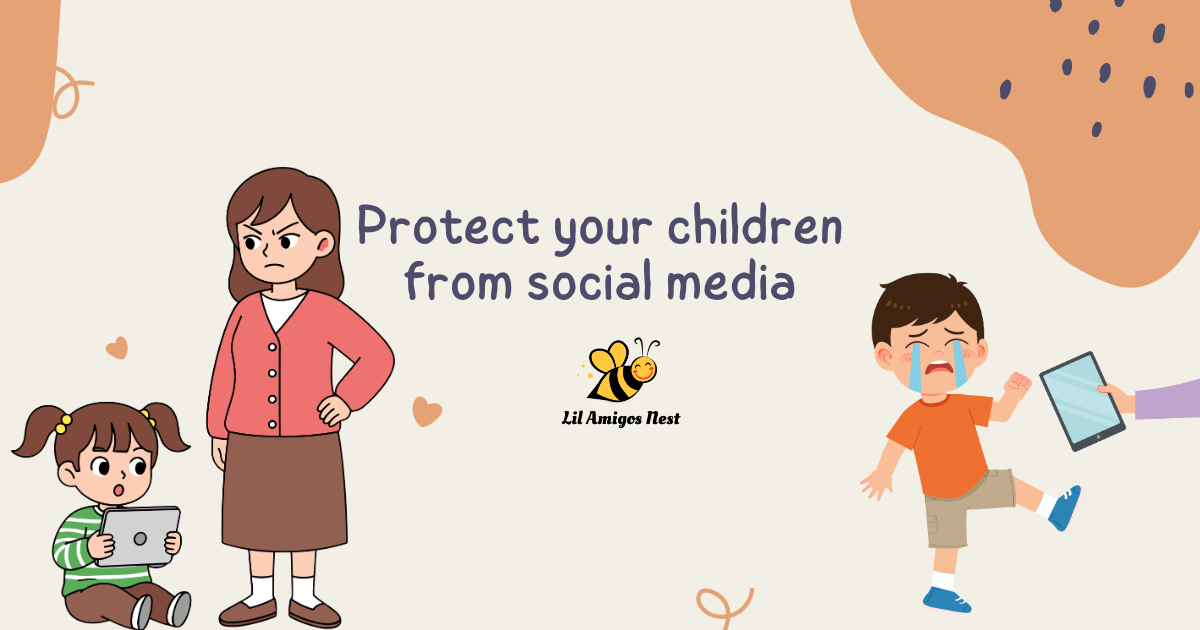
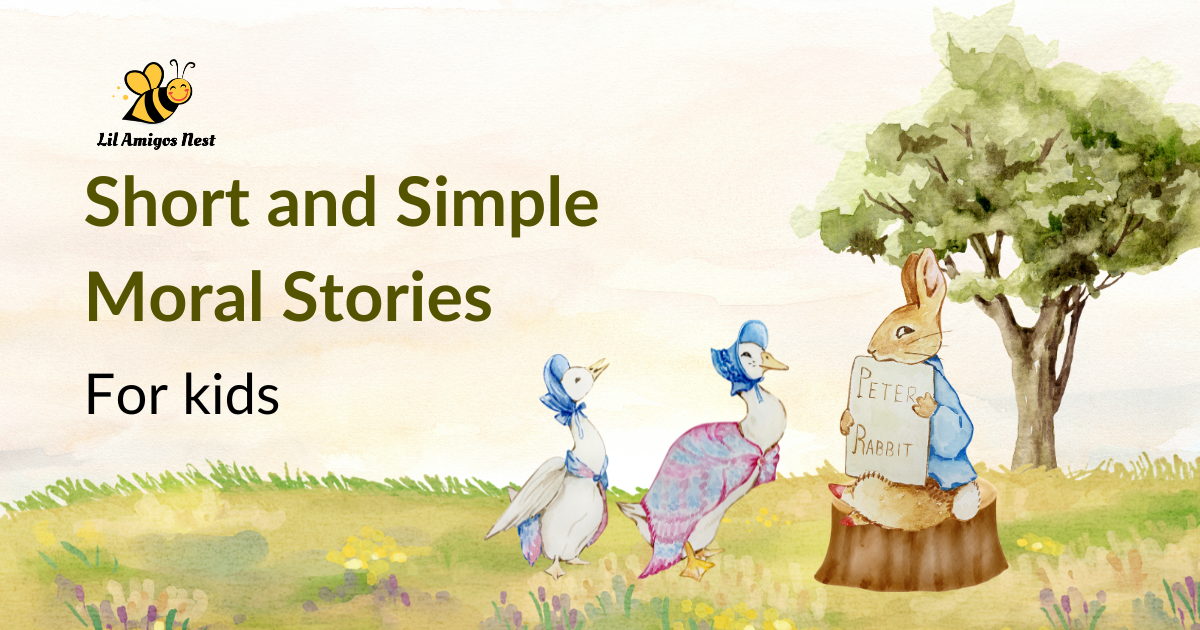
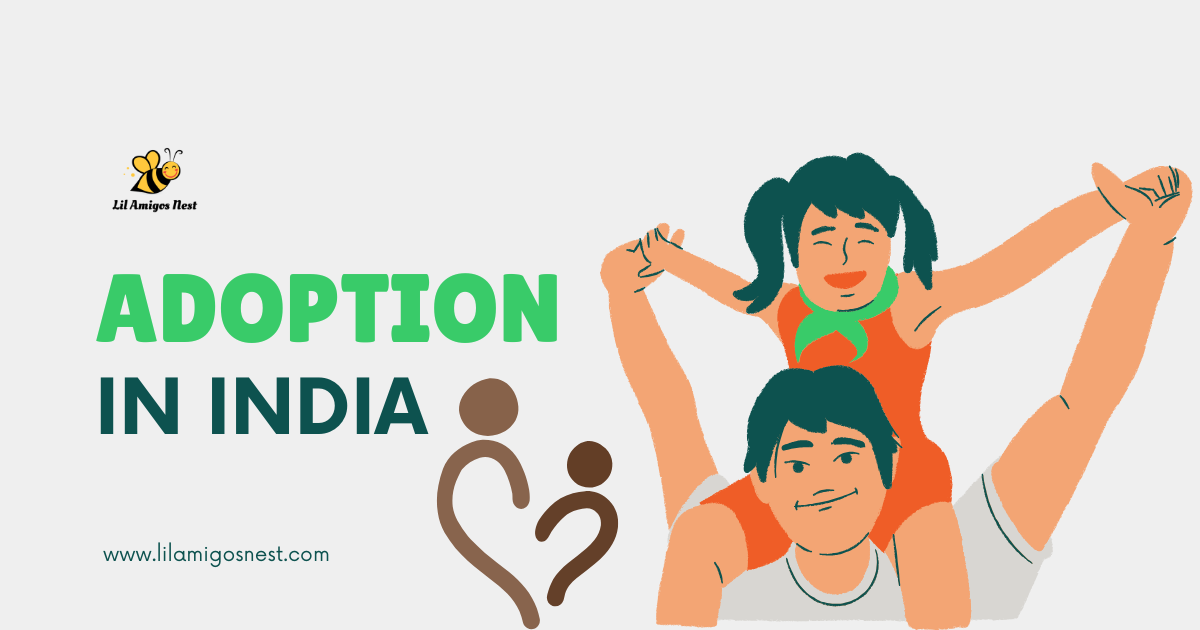
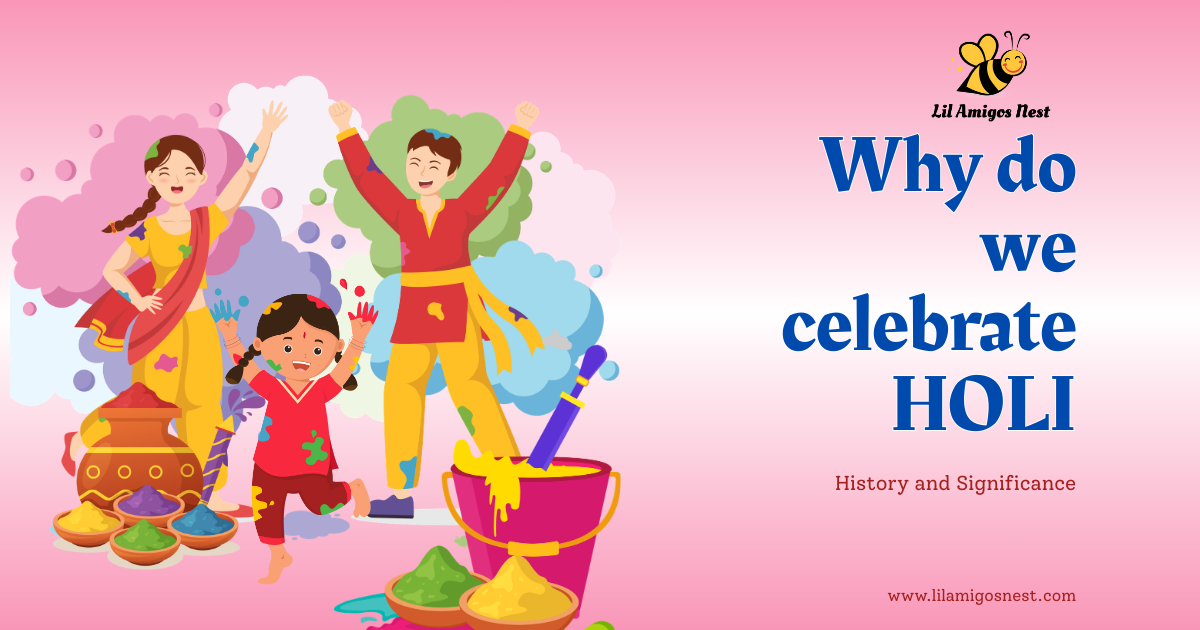
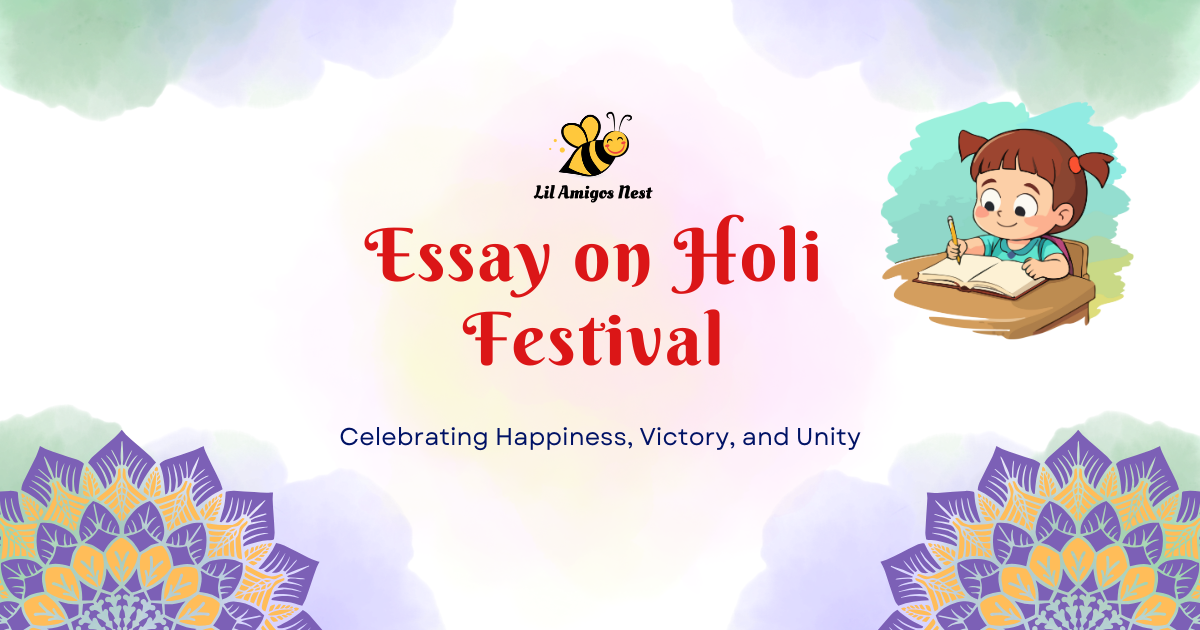
Please complete your information below to login.
Sign In
Create New Account